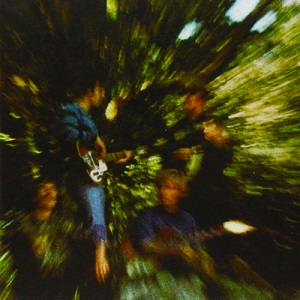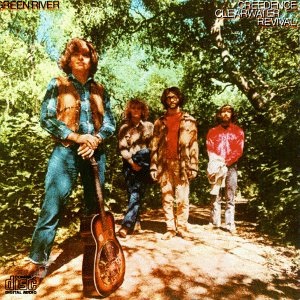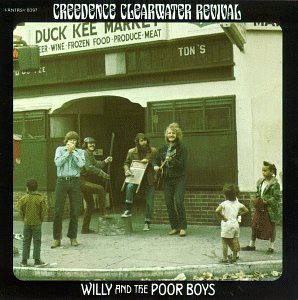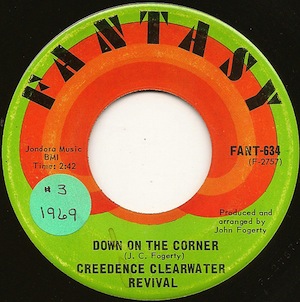| Creedence Clearwater Revival Covers the Classics | ||||
|---|---|---|---|---|
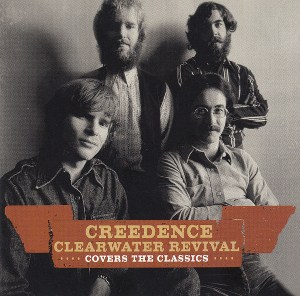 | ||||
| Compilation album by | ||||
| Released | 2009 | |||
| Genre | Roots rock | |||
| Length | 39:33 | |||
| Label | Fantasy | |||
| Producer | John Fogerty | |||
| Creedence Clearwater Revival chronology | ||||
| ||||
Creedence Clearwater Revival Covers the Classics is a compilation album by Creedence Clearwater Revival. Released in 2009, the album contains cover versions of songs as recorded by the band.
A compilation album comprises tracks, which may be previously released or unreleased, usually from several separate recordings by either one or several performers. If by one artist, then generally the tracks were not originally intended for release together as a single work, but may be collected together as a greatest hits album or box set. If from several performers, there may be a theme, topic, time period, or genre which links the tracks, or they may have been intended for release as a single work—such as a tribute album. When the tracks are by the same recording artist, the album may be referred to as a retrospective album or an anthology.

Creedence Clearwater Revival was an American rock band active in the late 1960s and early 1970s which consisted of lead vocalist, lead guitarist, and primary songwriter John Fogerty; his brother rhythm guitarist Tom Fogerty; bassist Stu Cook; and drummer Doug Clifford. These members had played together since 1959, first as The Blue Velvets and later as The Golliwogs. Their musical style encompassed roots rock, swamp rock, and blues rock. They played in a Southern rock style, despite their San Francisco Bay Area origin, with lyrics about bayous, catfish, the Mississippi River, and other popular elements of Southern United States iconography, as well as political and socially conscious lyrics about topics including the Vietnam War. The band performed at the 1969 Woodstock Festival in Upstate New York.

In popular music, a cover version, cover song, revival, or simply cover, is a new performance or recording by someone other than the original artist or composer of a previously recorded, commercially released song.
Stephen Thomas Erlewine of Allmusic rated the album three stars out of five, with his review saying, "While it might be hard to discern who this is for[...]it's still a ripping good time, a perfect party record for any occasion." [1]
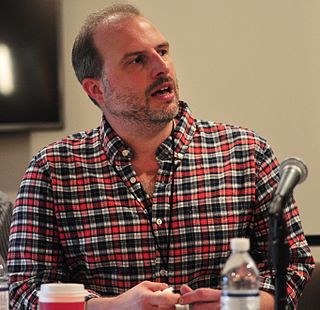
Stephen Thomas Erlewine is an American music critic and senior editor for the online music database AllMusic. He is the author of many artist biographies and record reviews for AllMusic, as well as a freelance writer, occasionally contributing liner notes.


